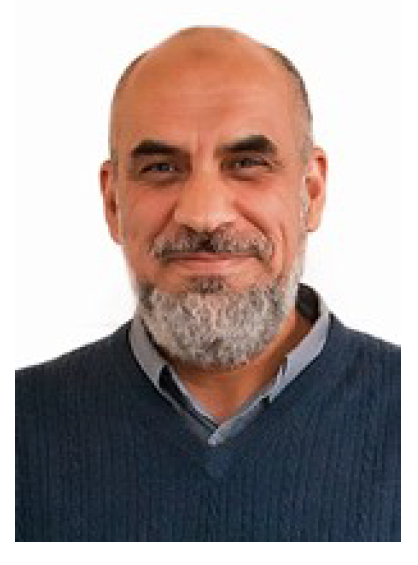 Keynote Information Retrieval: Keynote Information Retrieval: | Prof. Athman Bouguettaya
Head of School of Comp.Sc.,
University of Sydney, Australia
Title: From IoT Data to Services
Abstract:The Internet of Things (IoT) is fast becoming a reality with a range of everyday “things” becoming sensor-equipped and internet connected. Ul timately, everything that we see and don’t se e will be connected to the Internet. These Web-enabled “things” will be continuousl y streaming data whose size and volume will dwarf anyt hing we have witnessed so far. This is called Big Data. It is here to stay and in a bi g way. It is coming from all sorts of sensors, including instruments conducting deep space exploration from earth or sa telli tes, sensorized high-energy phys ics, social medi a, s martphones, genomics machines, etc. The cloud has been instrumental in supporting the storage and pr ocessing of the ever increasing amount of data generated by these sensors. “Domesticating” IoT data, i.e., making it useful, however, has been a major challenge. Servi ce computing is the next major evolution of computing that aims at transf orming massive data into artefacts that are acted upon and made “useful”, i.e., turned into ser vices. In this talk, we will first overview the big shift pr oducedby human and phys ical sensors. We will then motivate the need for a uniform service management to service IoT data. We will then describe our latest research that focuses on servicing IoT-basedsensor clouds using transport as an application. |
 Keynote Knowledge Management: Keynote Knowledge Management: | Professor Albert Zijlstra
School of Physics & Astronomy,
University of Manchester
Title: Data in Astronomy
Abstract:
Modern astronomy produces large amounts of data. In the past, the output of an observation through a telescope would be a drawing with a note on location and brightness. Later, photographic plates took the place of the drawings. Nowadays, CCDs provide high resolution digital images of large areas on the sky. One telescope may produce 100 GB of data per night. Astronomy operates on an ‘open sky’ basis where the data is archived and accessible by astronomers across the world. The data is archived in a standardized format, accessible, searchable and readable. The various archives have reached PB sizes. The next generation of telescopes will produce even larger data rates. This talk will discuss the role of data archives in astronomy, the types of data that are being produced, and the tools that are commonly used to visualize the data.
|
 Keynote Computational Linguistic: Keynote Computational Linguistic: | Prof. Dr. Shahrul Azman Mohd Noah
Professor of Semantic Tech, Info Retrieval & Ontology,
Universiti Kebangsaan Malaysia
Title:Ameliorating Data Sparsity in Collaborative Recommender Systems
Abstract:
Recommender systems have great importance recently in academia, commercial activities and industry. They are widely used in various domains such as shopping (Amazon), music (Pandora), movies (Netflix), and travel (TripAdvisor). Recommender systems are intelligent applications build to predict the rating or preference that a user would give to an item. It also has the effect of guiding users in a personalized way to interesting or useful items in a large space of possible options. The basic models of recommender systems work with two kinds of data: the user-item interactions, such as ratings or buying behaviour; and attributes about the users and items such as users’ profile and textual content of items. Methods that use the former are referred as collaborative filtering methods, whereas methods that use the latter are referred as content-based recommender methods. Another basic type of recommendation currently adopted by systems named knowledge-based recommender systems use explicitly specified user requirements whereby external knowledge bases and constrains are used to create the recommendation. Some recommender systems combine the strengths of various types of recommendation methods to create hybrid systems. Collaborative filtering methods perform well when there is sufficient rating information. However, their effectiveness deteriorate when there is not enough rating information available, which is a well-known problem in recommender system called data sparsity. In this talk, I will present few research approaches to overcome the data sparsity problems. Special emphasis, however, will be given on the exploitation of textual reviews to ameliorate such problems.
|
 Keynote Information Retrieval:
Keynote Information Retrieval: Keynote Knowledge Management:
Keynote Knowledge Management: Keynote Computational Linguistic:
Keynote Computational Linguistic:

